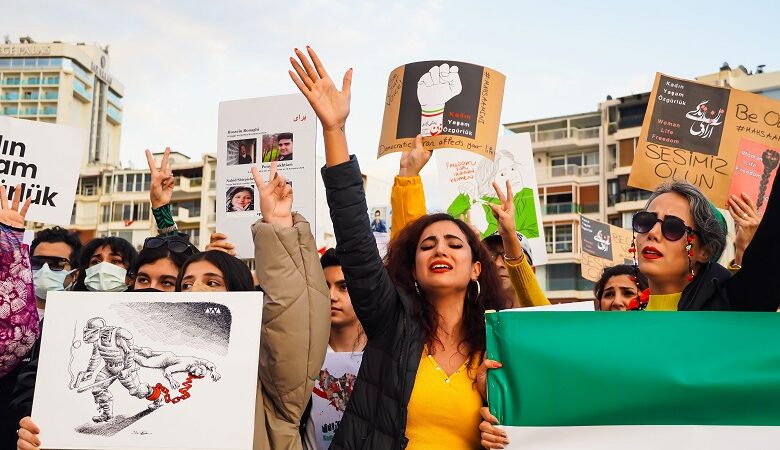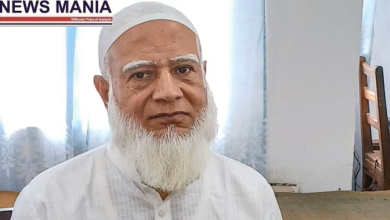Global Report Highlights Decline in Freedom of Expression, with India and Ethiopia Under Spotlight

A new report released by advocacy group Article 19 has shed light on the precarious state of freedom of expression worldwide, revealing that nearly half of the world’s population faces significant limitations on their ability to freely voice opinions and access information. According to the report, the percentage of people experiencing a “crisis” in freedom of speech and information has surged from 34% in 2022 to a staggering 53% in 2023, marking the highest level this century.
Quinn McKew, executive director of Article 19, expressed grave concern over the findings, stating, “At no point in the last 20 years have so many people been denied the benefits of open societies, like the ability to voice opinions, access a free media, or participate in free and open elections.”
Of particular alarm is the deteriorating situation in India over the past decade under the leadership of Prime Minister Narendra Modi. The report has reclassified India from “restricted” to “crisis” status, citing a concerning erosion of freedom of expression and information. Similarly, Ethiopia has been reclassified as “in crisis,” with eight other countries experiencing a notable decline in freedoms, including Burkina Faso, Senegal, and Mongolia.
McKew underscored the insidious nature of violations against freedoms, noting that many leaders implement subtle policy changes under the guise of “public safety,” “morality,” or “national security,” gradually tightening the net until dissent is stifled entirely.
The report defines a country in crisis when freedom of expression and information reach their nadir, with citizens unable to voice dissent without fear of reprisal, and the media subject to censorship and attacks.
In regions like Kashmir, journalists face severe challenges in carrying out their work, with reports of harsh crackdowns, including the confiscation of passports and restrictions on movement. One journalist, speaking on condition of anonymity, highlighted the heightened risks faced as a Muslim reporter, particularly in vulnerable areas where attacks by Hindu nationalists are a constant threat. The loss of their passport has not only hampered their ability to report but has also diminished opportunities, leading to disillusionment with the profession.
Reflecting on the global landscape of freedom of expression, Article 19 emphasized the need for continued vigilance and advocacy. However, amidst the bleak outlook, the report also highlighted positive developments, notably in Brazil following the ousting of President Jair Bolsonaro. Brazil, once classified as “restricted,” has now been upgraded to “open,” signaling progress in safeguarding fundamental rights.
Maria Trajan from Article 19 Brazil expressed cautious optimism, stating, “Brazil’s example gives us hope that change is possible. But it’s also a reminder that rights and freedoms must never be taken for granted – the work to guarantee, strengthen, and improve rights must always continue.”
As the world grapples with the challenges posed by shrinking civic spaces and increasing authoritarianism, the findings of the Article 19 report serve as a stark reminder of the urgent need to uphold and defend freedom of expression as a fundamental human right.






